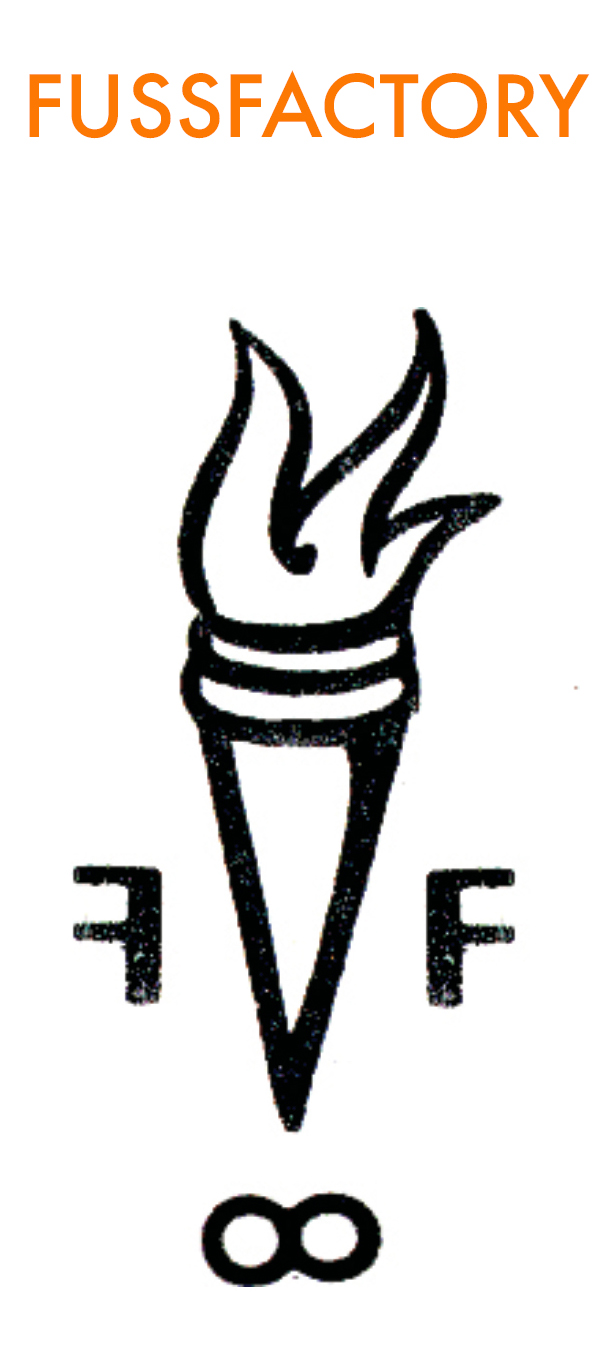#sparkchamber 100421 — Alvin Toffler
The future is on the radar in #sparkchamber today as we wish a happy birthday to American futurist, author, journalist and educator, Alvin Toffler, born on this day in 1928. Renowned for his detailed, predictive accounts of profound societal shifts, Toffler intrigued millions worldwide with his enlightened, prescient forecasts of the ascendance of the internet, the exponential rise in corporate power, weapons and technology proliferation, and the upsurge of drug-use and crime — to name but a few.
Born in New York City, and raised in Brooklyn, Toffler wanted to be a writer by the age of seven, inspired by his aunt and uncle — “Depression-era literary intellectuals … who always talked about exciting ideas.” In 1950, he graduated from New York University as an English major but was more interested in political activism than academic pursuits. He and his future wife [and future co-author of his most influential works] Adelaide Farrell [the future Heidi Toffler] moved to the Midwest to start a life together.
Following in the footprints of other writers who purposefully sought life experience for inspiration — Jack London who sailed the seven seas and back again, John Steinbeck, a Stanford grad who toiled as a migrant grape-picker — Alvin and Heidi worked as blue-collar workers, on assembly lines, in union shops, as a welder, a millwright, a shop steward.
Alvin Toffler landed a job at a union-backed newspaper, which led to a position as White House correspondent covering Congress and the White House for a Pennsylvania newspaper. A few years later, Fortune magazine invited him to become its labor columnist, after which he began a freelance career, writing long-form articles for journals and magazines.
In the mid-1960’s, the Tofflers began research for a book — the future Future Shock — investigating how exponential growth of modern technologies would trigger cultural impacts worldwide. Published in 1970 and never out of print since, Future Shock was — and still is — chilling. The title, a term coined by the authors, names the trauma of “too much change in too short a period of time.” It hypothesized that change overwhelms people. That the accelerated rate of technological and social change leaves people disconnected and suffering from “shattering stress and disorientation.” They predicted that the rapid change in technology would profoundly change the way people would interact with each other, how social confusion would prevail as normal decision-making processes broke down. The book explores how people can adapt to the changes they face, and the need for a new social norm, embracing change.
In 1980, the second book of their future trilogy was published: The Third Wave. Here, societal development was divided into three waves — agrarian, industrial, information — each wave pushing the older societies and cultures aside. The book describes man as a beast of burden working the fields during the first-wave agrarian age, a cog in the wheel as he operated machinery during the second-wave industrial age, and a “neuron” in a third-wave information age in which linked computer databases are like a neural network. This book forecast the spread of internet and email, interactive media, cable television, cloning, and other digital advancements. Just as trauma from rapid change was given the term future shock, the side effect of transition to the third wave was also given a name — information overload.
In the final chapter of their trilogy, Powershift: Knowledge, Wealth, and Violence at the Edge of the 21st Century, the Tofflers focus on the very nature of power. They argue that “while headlines focus on shifts of power at the global level, equally significant shifts are taking place in the everyday world we all inhabit — the world of supermarkets and hospitals, banks and business offices, television and telephones, politics and personal life. Powershift outlines a new system of wealth creation based on individualism, innovation, and information, and identifies where the next, far more important world division will arise — not between East and West or North and South, but between the ‘fast’ and the ‘slow.’”
The future is here, the future is now. Plant the seeds, set the course, make it happen.
1.] Where do ideas come from?
You can use all the quantitative data you can get, but you still have to distrust it and use your own intelligence and judgment
2.] What is the itch you are scratching?
We must search out totally new ways to anchor ourselves, for all the old roots—religion, nation, community, family, or profession — are now shaking under the hurricane impact of the accelerative thrust.
3.] Early bird or night owl? Tortoise or hare?
You’ve got to think about big things while you’re doing small things, so that all the small things go in the right direction
4.] How do you know when you are done?
Change is not merely necessary to life — it is life


